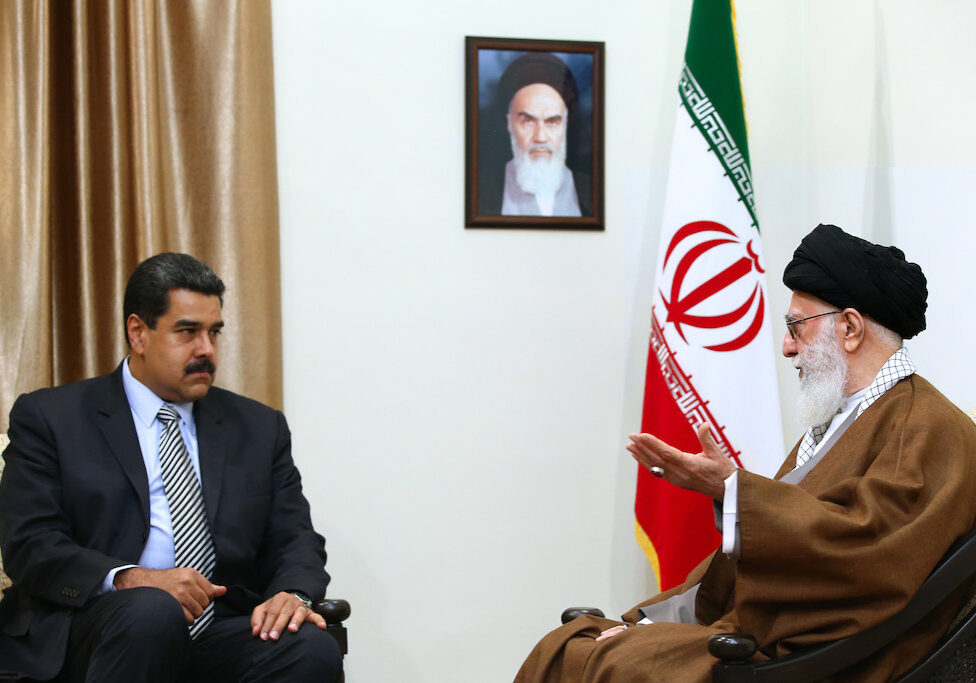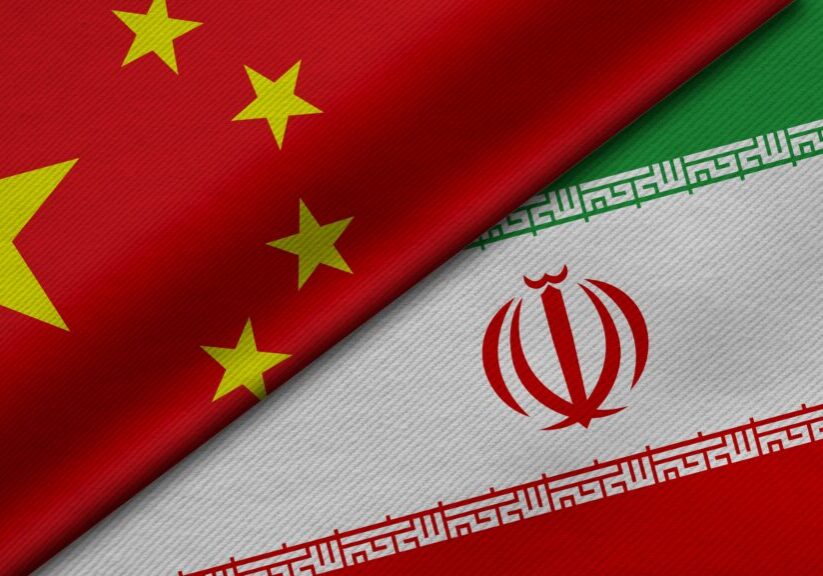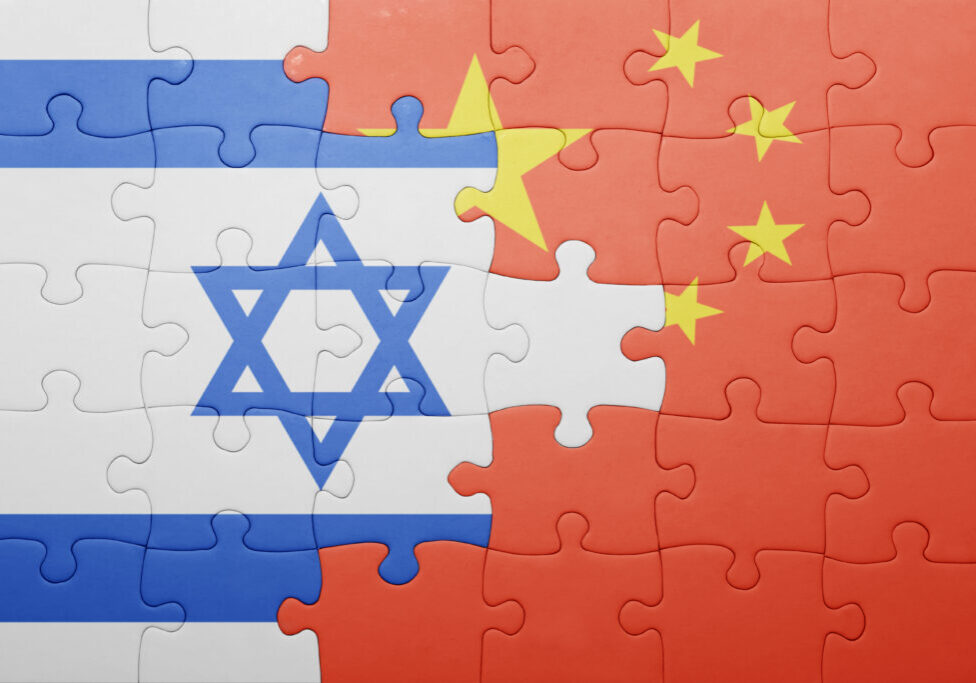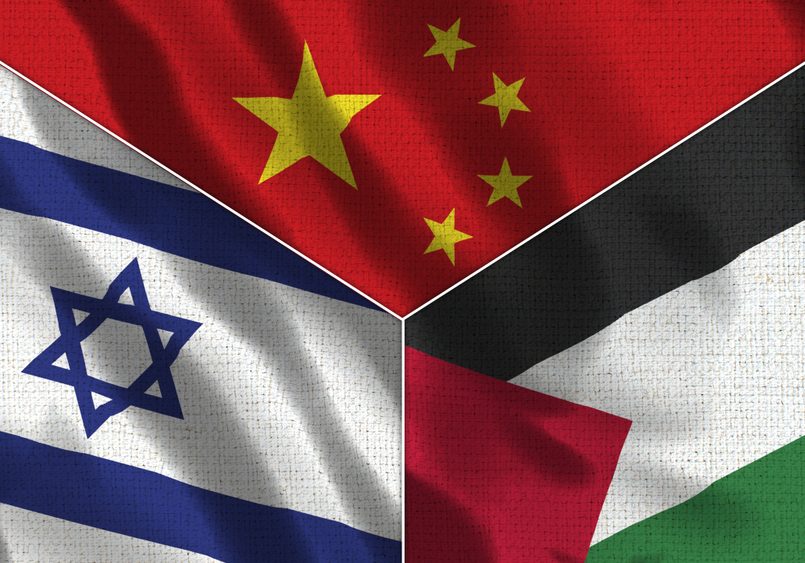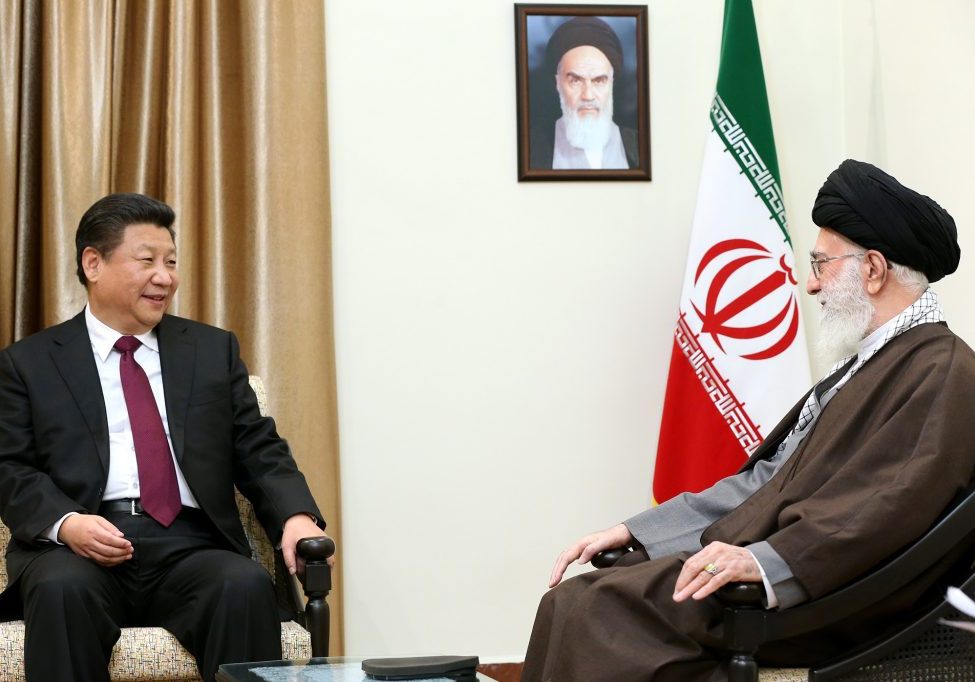Australia/Israel Review
A Jerusalem-Beijing ‘Expressway’?
Apr 1, 2015 | Yehonathan Tommer

Yehonathan Tommer
Since Washington blocked some controversial Israeli arms sales to China in the late 1990s, Jerusalem and Beijing have progressively developed and deepened their economic, commercial and cultural ties. Israeli priorities are primarily bilateral, while China’s eager demand for Israeli technology and know-how is a part of Beijing’s global, multi-layered strategy for dealing with dependence on Middle East oil and energy supplies.
The policy implications of this asymmetric relationship generated a heated debate between advocates and sceptics of economic ties at a recent symposium in Tel Aviv on “The Economic Ties between Israel and China”. The symposium, at the Institute of National Strategic Studies (INSS), was attended by business people, retired generals, former intelligence officials, academics and foreign diplomats.
The debate focused on Israeli business and capital investments in Chinese manufacturing industries and development projects, broadening mutual higher education, scientific and cultural programs and government regulation. Israel’s Ambassador and former Deputy Chief of Staff Gen. (ret.) Matan Vilnai briefed the conference on these areas in a live video cross from Beijing.
The experts disagreed on the necessity for regulating economic ties and some expressed profound concern for Israel’s vital security interests if the Chinese are allowed to penetrate key sectors of the Israeli economy such as road, rail and port infrastructure, or acquire control over flagship companies.
Israeli Government sees window of opportunity
Today China is a fast developing country offering expert engineers, an expanding consumer market and venture capital finance for joint innovative projects in China and in Israel, said Professor Eugene Kandel, head of the National Economic Council in the Prime Minister’s Office.
A task force to promote economic relations was established in May 2013 (in the wake of a huge business delegation to China headed by Prime Minister Netanyahu) to cut red tape, identify large scale projects, jointly develop technologies for the local Chinese consumer market and diversify Israeli exports to different sectors of the Chinese economy, said Kandel.
The following year a regulatory committee chaired by Kandel comprising relevant government ministries was formed to steer macro-economic Sino-Israel ties.
Chinese tourism to Israel is also expected to increase substantially, with a projected 1,000 visitors monthly when China’s civil aviation giant Hinan Airlines starts regular flights between Beijing and Tel Aviv.
Flourishing ties have also been formed in a range of fields with Chinese universities, institutes of technology and academies of social and exact sciences, said Tel Aviv University Rector and Sinologist Professor Aron Shai. Tel Aviv University, for instance, has exchanges with over 20 universities and institutes throughout China, including Beijing, Huazhong, Shanghai, Xi’an Jiaotong, Tianjian and Shandong. Many of them offer their students courses in Israeli and Jewish studies and Hebrew language.
“A window of long term opportunity has opened up in relations with China,” said Foreign Ministry Deputy Director-General for Asia and the Pacific, Mark Sofer. “China’s UN votes on the Middle East are less important. Since the Arab Spring, Beijing has shown noticeable moderation in its statements on the Middle East and greater balance with respect to Israel’s military incursion “Protective Edge” into Gaza against Hamas last year. China was showing a greater involvement in the Middle East and Israel is one of four major countries of interest to China.”
Israel: China’s third largest trading partner in Middle East
Wu Bin, Economic and Commercial Counselor at the Chinese Embassy in Tel Aviv, said Israel is China’s third biggest trading partner in the region today with an annual trade balance in 2014 peaking at A$13.76 billion. This is some 200 times greater than when diplomatic relations were formally extended 24 years ago, he said. Chinese imports from Israel, he said, amount to some 8.5% of Israel’s total world trade and consist principally of food, diamonds, high tech, medical equipment and biotechnology.
Wu quoted a small, but impressive figure of A$22.26 million in 2014 for Chinese capital investments in development projects in Israel. Some A$2 billion total was invested in high quality, short term building and construction projects in Israel, he said. As in other countries around the world, China was interested in infrastructure works such as building Israeli railways, roads and harbours.
China, he said, was especially keen to push forward with negotiations to conclude a Free Trade Agreement (FTA) with Israel, increase technical and industrial cooperation and advance its “one-belt one-road” program bridging economic and cultural exchanges in which Israel would take a bigger role.
The Sceptic
A more sceptical view of these developments came from former Mossad chief Efraim Halevy, who outspokenly cautioned against harmful “romantic sentiments” colouring Israeli expectations of riches to be made in China. In the 1980s, he said, Israel contributed technological know-how to help the Chinese build a nuclear fission plant. A decade later, in 1993, the Chinese chose to give the plant to the Iranians “enabling them to be where they are today in their nuclear program,” said Halevy. “The Chinese are very calculating; they know exactly what they want and are very bourgeois. They have a central government which directs China’s economy in an era of liberal global economics and controls lives from the lowly to its new economic tycoons.”
Halevy warned of “hazards” to Israel’s security if national infrastructure development projects, like the proposed Eilat-Tel Aviv rail link, are awarded to a Chinese government company which does not see eye-to-eye on the threat to Israel of a nuclear Iran. He stated:
“I have urged that in Israel, as in Australia and Canada, a mechanism must be put in place for examining international agreements which may harm Israel’s vital strategic national, and not just purely defence, interests…
“As far as Iran’s nuclear ambitions are concerned, senior Chinese officials told me that if Iran develops a nuclear bomb, they will never drop it on Beijing. But if a barrel of oil peaks at $100 that would threaten China’s existence… if… Israel disappeared overnight, nobody in China would shed a tear for us.”
In February 2012, the Israeli Cabinet approved the construction of a 350 km rail route linking the Red Sea port of Eilat to Tel Aviv as part of a comprehensive project to revamp the country’s transport infrastructure, and as an alternate shorter overland route to the Suez Canal for freight from the East bound for the Mediterranean Sea.
French, Spanish and Chinese companies expressed interest in building the rail route.
In January 2014, the Cabinet discussed three business models. No decision was taken and no tender was issued, but the Chinese government-owned China Communications Construction Company was allocated top priority for the tender, as an incentive to boost trade and economic ties.
Halevy also urged that no Israeli port should be drawn into Beijing’s String of Pearls strategy, [officially the “Silk Road Economic Belt and 21st Century Maritime Silk Road policy”], a global program of Chinese government built and, frequently, managed port facilities around the world from the South China Sea to Khartoum – designed to thwart containment by rival powers and secure steady, uninterrupted oil and energy supplies to the Chinese economy. “Awarding the contract to a Chinese government company grants them a strategic foothold in Israel which requires a preliminary thorough and serious calculation of the wider strategic and economic benefits to Israel. There has never been a debate about this in the government.”
“Common Bilateral Interests”
On the other side, Israel’s foremost sinologist, Professor Yitzhak Shichor, said that Chinese interests in the Middle East are “more complex and diverse today than they were in the 1970s and 1980s, and untainted by any overt anti-Israel interests.” Israel’s trade balance with China, he said, is “pretty good” – ten times bigger than Egypt’s with a population of 90 million and roughly equal to Turkey’s with a population of 75 million.
“The two countries in fact have many common bilateral interests, but also sore points marring their relationship that the Chinese must balance with their regional and global interests,” Shichor said. One sore point is the Palestinian problem. He suggested granting China an economic role in helping to bring about a settlement. Another sore point is Sino-American tension over US restrictions on Israeli defence and technology exports to China, an issue which is persistently raised in discussions with the Chinese. “Israel must learn how to navigate its ties with China in the context of Chinese interests with other countries in the region,” Shichor said.
Israeli Business views
“China wants Israeli know-how but wants to apply it alone and to invest it in projects Israelis don’t want to develop,” said Amiram Shor, Chairman of the Foreign Trade and International Relations Division at the Manufacturers Association of Israel. With years of experience in China behind him, his advice to Israeli entrepreneurs is to show the Chinese that “we are building something together for the benefit of both countries and which can contribute to China’s national priorities.” The model of economic relations is changing,” Shor said. “What was once a bridge between China and Israel is becoming an expressway.”
Dan Catarivas, Director of Foreign Trade and International Relations at the Manufacturers Association of Israel called for government regulation to ensure that with boosting economic ties, comparable numbers of new jobs were also created in Israel, and to close loopholes enabling Israeli companies to evade tax on profits made in China.
It was very clear from all the presentations at the conference that, as China’s involvement in the region deepens in the coming years, Israel will need to prepare strategies to accommodate its interests to new strategic alignments, in which China is likely to exercise growing influence.
Tags: China

